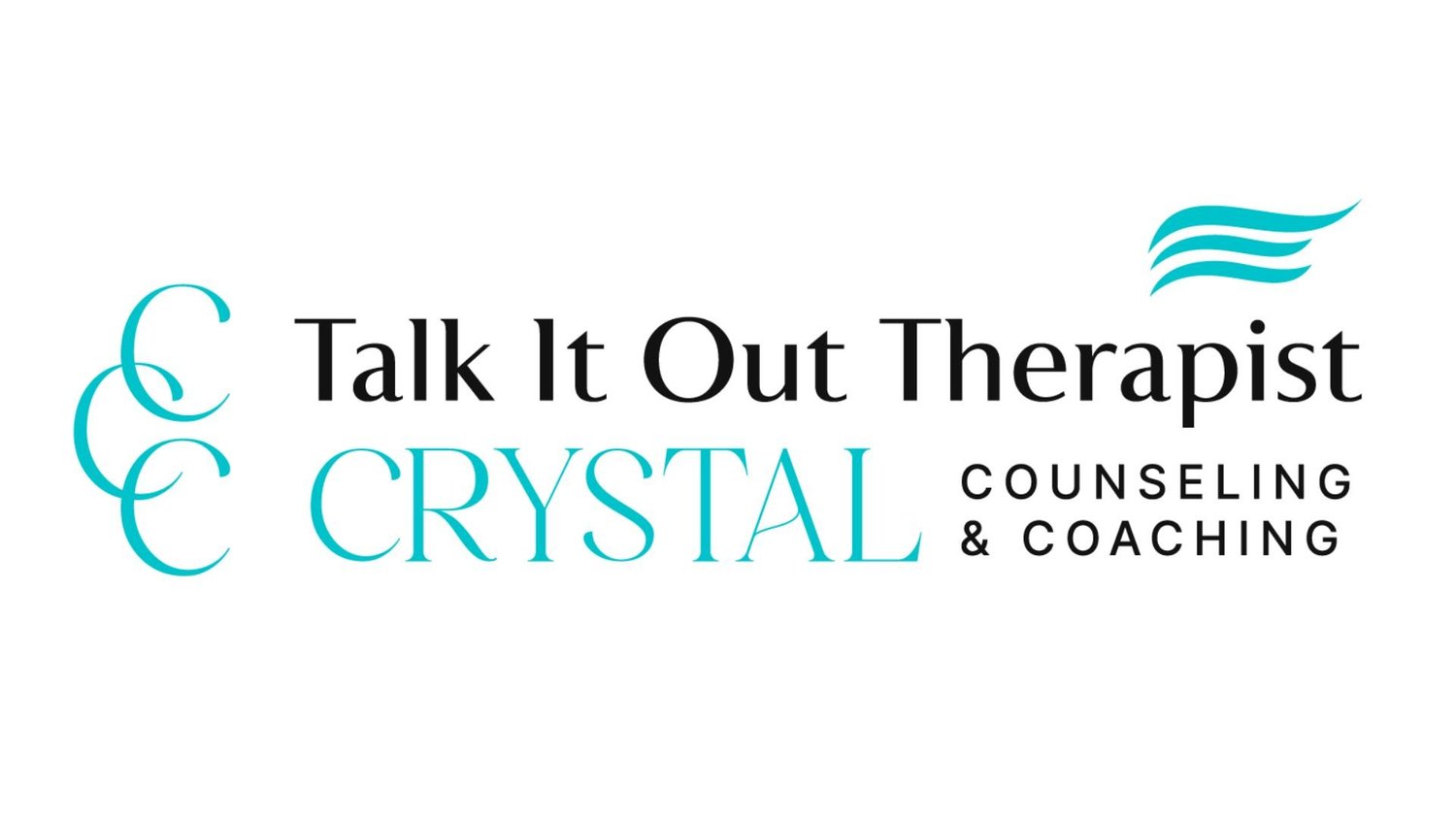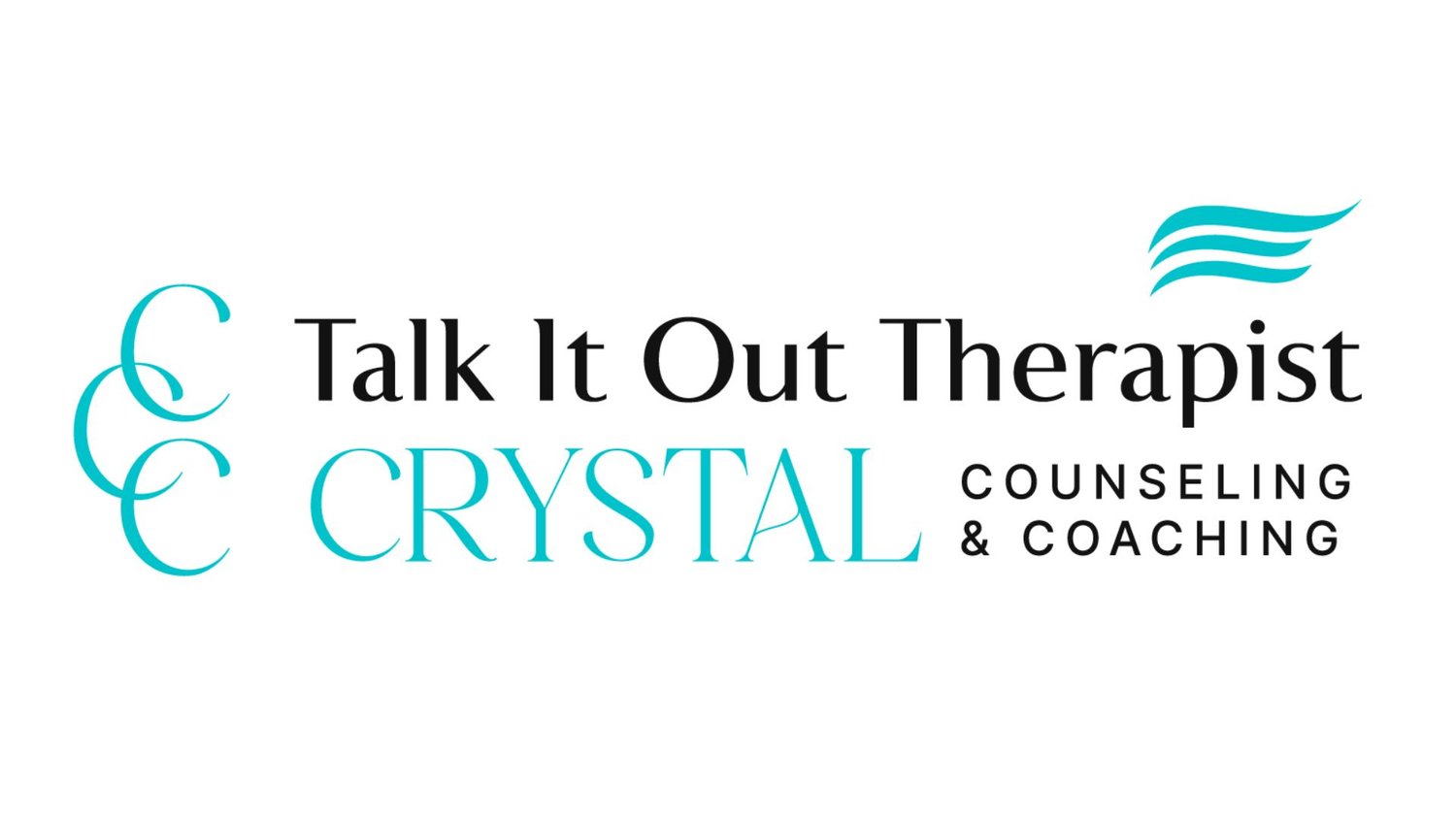Navigating Love: How ADHD Shapes Relationships and What You Can Do About It
ADHD (Attention-Deficit/Hyperactivity Disorder) affects millions of people, yet its impact on relationships is often overlooked. Whether you’re living with ADHD or in a relationship with someone who has it, understanding how this condition influences dynamics can lead to healthier, more fulfilling connections. In this blog, we’ll explore the effects of ADHD on relationships and offer practical strategies for navigating the challenges it presents.
Understanding ADHD and Its Effects
ADHD is characterized by symptoms such as inattention, hyperactivity, and impulsivity. These traits can manifest in various ways within relationships, leading to misunderstandings and emotional strain. While ADHD can present challenges, it’s essential to recognize that it also brings unique strengths, such as creativity, enthusiasm, and spontaneity.
Communication Challenges
One of the most significant areas affected by ADHD is communication. Impulsivity may lead individuals to interrupt conversations or speak without considering the impact of their words. This behavior can create feelings of frustration or neglect in partners, who may feel unheard or unvalued.
Additionally, individuals with ADHD often struggle with listening. They might find it challenging to focus during discussions, particularly if the topic isn’t engaging to them. This can lead to misunderstandings and a sense of emotional disconnect.
Emotional Regulation
ADHD can also impact emotional regulation. Individuals may experience intense mood swings or heightened emotional responses, which can create turbulence in relationships. A minor disagreement may escalate quickly, leading to conflict that feels overwhelming for both partners.
Moreover, the stress of daily life can be particularly challenging for those with ADHD. They might feel easily overwhelmed, leading to withdrawal or irritability. Understanding these emotional dynamics is crucial for both partners to foster empathy and support.
Organization and Time Management
Another area where ADHD can create friction is in organization and time management. Forgetting important dates, appointments, or responsibilities can lead to feelings of neglect or frustration. Partners may feel they are carrying an unequal load, especially if they are consistently reminding their ADHD partner of commitments.
Disorganization can also manifest in shared spaces, leading to clutter and chaos that can heighten stress levels for both individuals. Recognizing these patterns is the first step toward creating a more harmonious living environment.
Intimacy and Connection
Intimacy can be influenced by ADHD in complex ways. Individuals with ADHD may struggle to maintain focus during intimate moments, which can affect the quality of emotional and physical connections. Conversely, they may experience periods of hyperfocus on specific interests, inadvertently neglecting their partner’s needs.
This dynamic can create feelings of disconnection and frustration. It’s essential for both partners to communicate openly about their needs and desires to foster intimacy and connection.
Conflict Resolution
Conflict resolution can be particularly challenging for couples where one or both partners have ADHD. Impulsivity may lead to escalated arguments, making it difficult to resolve issues calmly. Additionally, some individuals may avoid confrontations altogether, leading to unresolved issues and lingering resentment.
Understanding how ADHD affects conflict dynamics can help both partners approach disagreements with compassion and patience.
Strategies for Success
While ADHD presents unique challenges in relationships, there are several strategies that couples can implement to foster understanding and connection:
1. Open Communication
Discuss ADHD openly with your partner. Share how it affects your behavior and emotions, and encourage them to express their feelings as well. Regular check-ins can help both partners stay aligned and address any concerns before they escalate.
2. Establish Routines
Creating structured routines can minimize forgetfulness and disorganization. Use shared calendars, reminders, and to-do lists to keep track of important dates and responsibilities. This can help both partners feel more secure and reduce frustration.
3. Practice Patience
Patience is vital in navigating the challenges of ADHD. Recognize that behaviors associated with ADHD are not intentional. Approach situations with empathy and understanding, and be willing to forgive mistakes.
4. Seek Professional Support
Consider couples therapy or individual counseling to develop tools for better communication and conflict resolution. ADHD coaching may also be beneficial for individuals seeking strategies to manage their symptoms effectively.
5. Focus on Strengths
Celebrate the strengths that come with ADHD. Individuals with ADHD often possess creativity, enthusiasm, and a unique perspective on life. Acknowledging and appreciating these qualities can enhance the overall relationship dynamic.
Conclusion
ADHD can undoubtedly complicate relationships, but with understanding and effort, couples can navigate these challenges successfully. By fostering open communication, establishing routines, and practicing patience, partners can build a strong foundation that embraces both the difficulties and the unique strengths that ADHD brings. Remember, love is a journey, and with the right tools, you can create a fulfilling partnership that thrives despite the challenges.
If you or your partner are struggling with ADHD in your relationship, don’t hesitate to seek support. Together, you can find ways to enhance your connection and create a loving, supportive environment.



